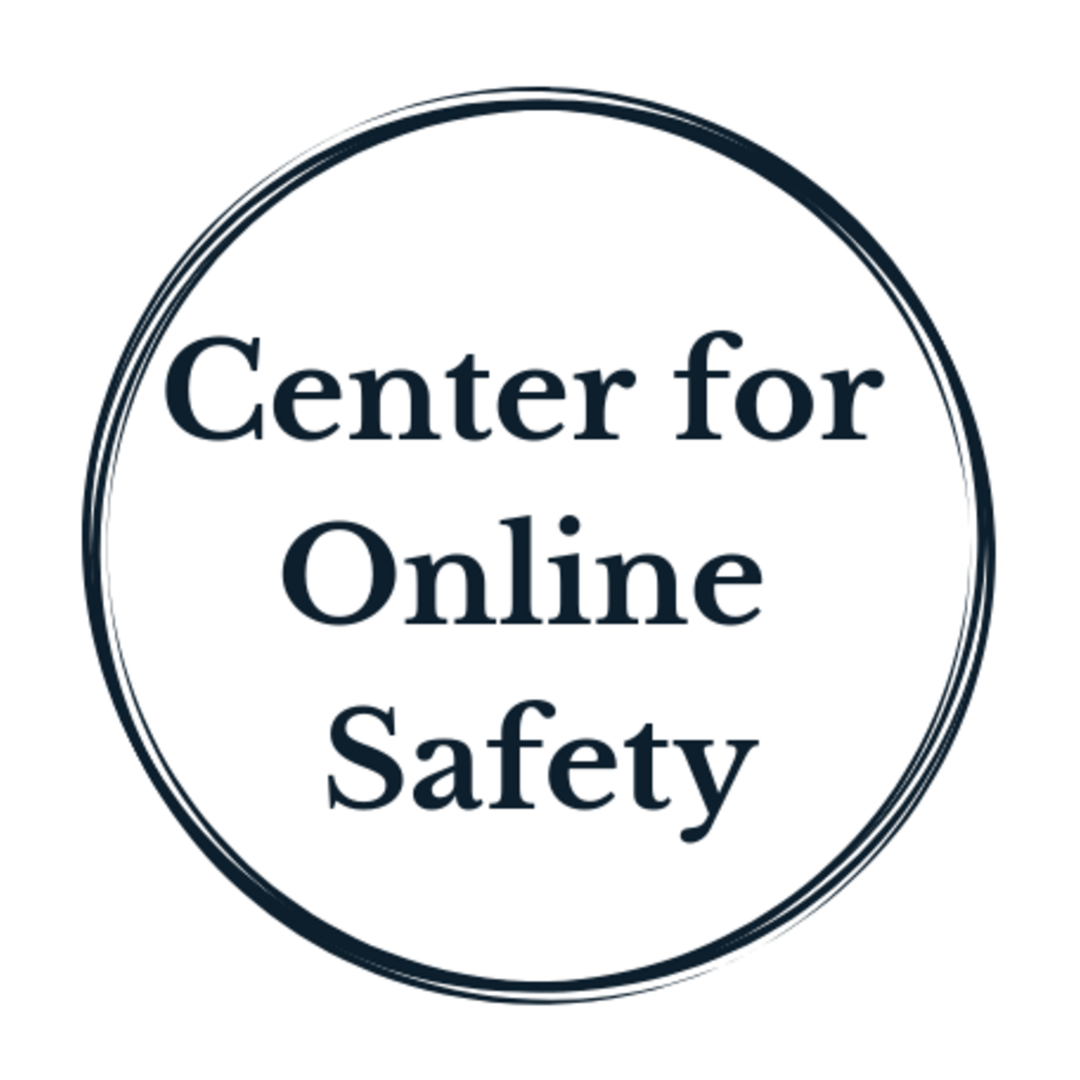Take Action: Write a letter to your school board or school administrators on banning cell phones at school
Here’s a sample email you can modify to send to your school board, superintendent or principal encouraging them to go phone-free.
Now is a great time to ask your child’s school to change their policy on cell phones, based on research and evidence.
Dear —-,
Momentum is building on protecting children and teens from the dangers of excessive screen time and you can help! Kids need distraction-free learning time at school.
Will you be a leader in banning cell phones from bell-to-bell? Kids need a break from phone distractions and drama at school, even at lunch and during breaks, so they can learn, interact with each other and just be kids.
Other districts and whole states have started to commit to this, as more and more evidence shows that excessive screen time impacts education and the mental health and wellbeing of our kids.
Here are just a few areas committed to phone-free schools this fall:
For further support, I recommend:
Jonathon Haidt’s new book The Anxious Generation. It is filled with research and statistics and ends with four recommendations on how we can positively impact teen mental health, including making schools phone-free. This is a great place to start connecting the dots between the epidemic of teen mental health illness and how childhood has changed in the last few generations. His premise - we've moved kids from having a play-based childhood to a phone-based childhood - and it's interfered with children's social and neurological development.
Last year’s U.S. Surgeon General Dr. Vivek Murthy released an official U.S. Surgeon General Advisory for social media, with actions that technology companies, legislators, parents, young people and researchers can take. Go here for a summary of helpful actions school leaders can take to support young people’s mental health.
How can you help?
By intentionally protecting students from the detrimental impacts of having access to cell phones at school. (Cell phones at school lead to distractions at school, including social media misuse, taking photos of others in the bathroom, cyberbullying, extreme diet culture, hate speech, deadly challenges, deadly counterfeit prescription drugs, sexually explicit content and peer pressure.)
Creating a school policy stating that your school district will not allow cell phones during the school day on campus. By doing this, you will ensure that students are having face-to-face conversations and interactions and expanding their social skills. In addition, you can reduce the number of social media-driven incidents that need adult intervention.
[Here you could add local events that have happened in the community related to improper use of cell phones.]
Being a leader in protecting kids’ mental health.
Thank you for all you do to help our kids learn and thrive.
Best,
[Name]
P.S. If you would like help drafting such a policy or would like examples of such policies and how they work at schools, please reach out to Lisa Honold at lisa@centerforonlinesafety.com.
Thanks to Lisa Cline, co-leader of Screens in Schools work group at the Screen Time Action Network, who wrote the original letter this template is based on.

